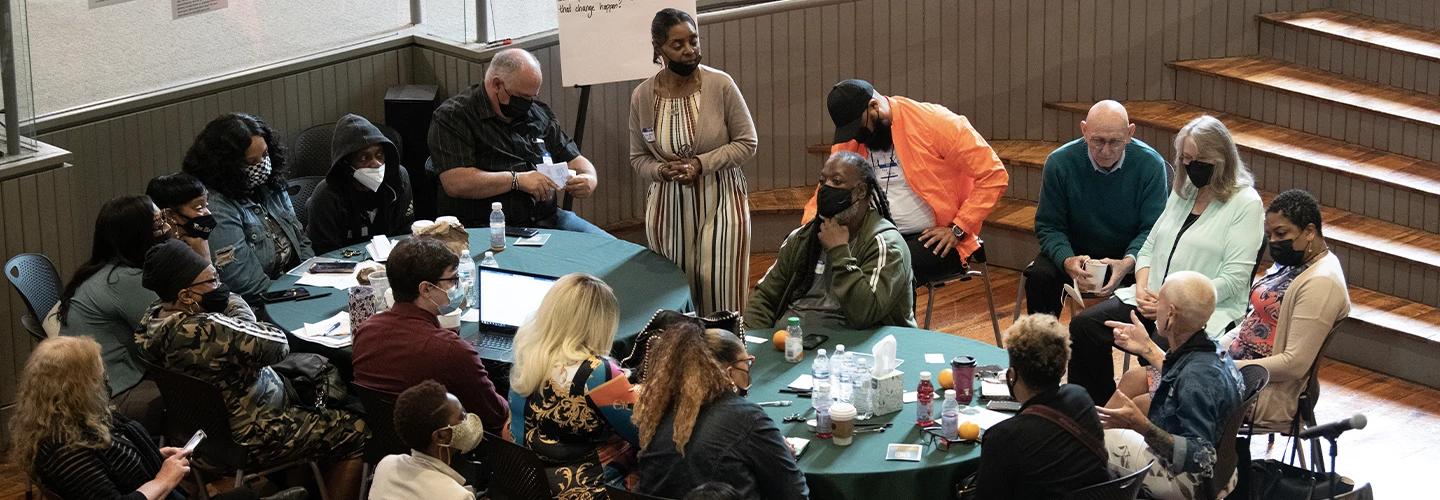Se habla español.
Interpreters available for other languages.
410-706-2781
The ROAR Center is a recognized Center at the University of Maryland, Baltimore


ROAR has developed a deep, respectful, and intimate understanding of what survivors in our community need and the real-world factors that impact their lives.
We use this understanding to
ROAR Executive Director Lydia Watts is co-leading efforts to reform Maryland’s Criminal Injuries Compensation (CICB). The CICB is intended to provide financial compensation to victims and reimbursement for expenses incurred because of a crime, such as lost wages, funerals, and health services. Instead, the convoluted process for accessing these funds often creates insurmountable barriers for many victims, especially Black people and those impacted by gun violence.
During the 2023 General Assembly Session, ROAR worked with The Maryland Network Against Domestic Violence, University of Baltimore School of Law’s Center for Criminal Justice Reform, Justice Policy Institute, and The HAVI to draft and advocate for changes to the CICB statute that would increase access and funding. The task force met with state elected officials of both chambers. Senator Shelly Hettleman (D, Montgomery County) and Delegate Stephanie Smith (D, Baltimore City) introduced the legislation with hearings held in both houses of the state legislature. ROAR provided both written and oral testimony including three survivors who had negative experiences with the CICB.
Our recommended revisions to this legislation have the support of Governor Moore and are currently under review by the state assembly as part of the 2024 legislative session.
ROAR shares valuable real-world insight with researchers, policymakers, and coalition partners, providing critical analysis and feedback on how proposed changes to laws and procedures would likely affect survivors of crime. ROAR also works with partners to advocate for survivors’ needs and promote systemic reform at local, state, and national levels.
ROAR is an active member of the Maryland Violence Prevention Coalition, Marylanders to Prevent Gun Violence, Maryland Network Against Domestic Violence, and Center for Criminal Justice Reform Coalition.
Together with Dr. Joseph Richardson, The ROAR Center is developing primary research about the direct experiences of survivors of crime in Baltimore City. Participants explore the generational and systemic roots of their trauma, how the crime has impacted them, and what policies and methods have been helpful or counter-productive to their healing.
Dr. Richardson’s analysis of actual survivor experiences shows there is no “perfect victim” and reinforces how all survivors of crime should be treated with dignity, regardless of their role in the crime. Our research also provides insight into specific intervention methods, how crime impacts communities of color, and other topics relevant to criminal justice reform.
In the following video, Dr. Richardson and participants in ROAR’s men’s healing circle demonstrate the power of peer support as Black men in Baltimore City help each other heal from the trauma of gun violence.